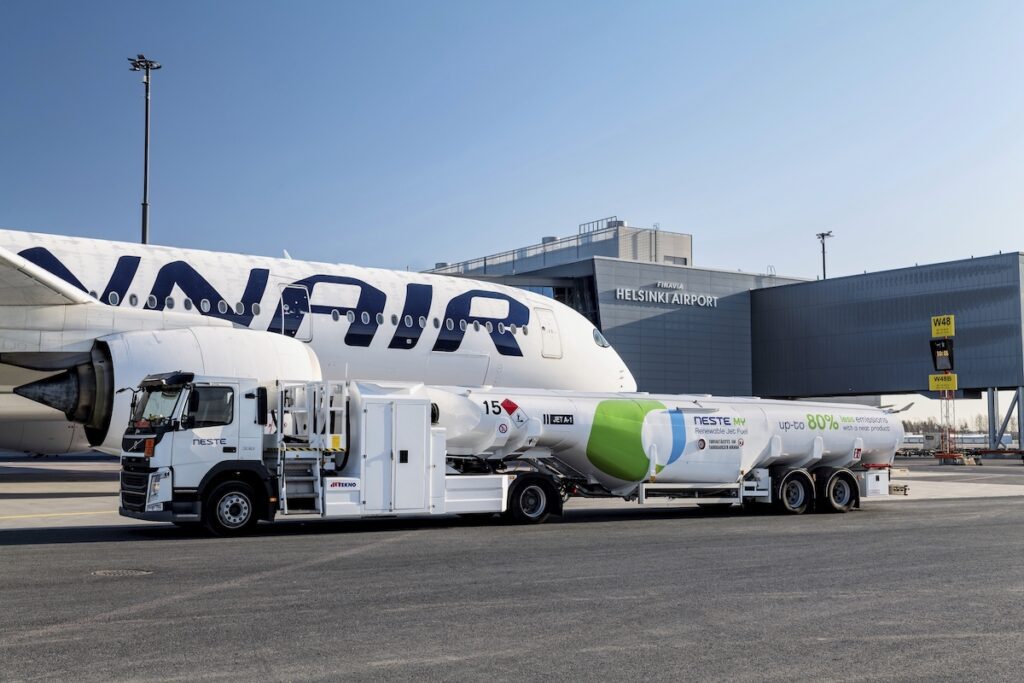Only 8% of U.S. tourism boards strongly prioritize addressing climate change and reducing greenhouse gas emissions to zero. In contrast, 62% of European tourism boards and 29% of Canadian tourism boards have made it a top priority. That’s according to Sojern’s “State of Destination Marketing 2024.”
The report is based on a survey of over 300 destination marketers by the Digital Tourism Think Tank, commissioned by travel marketing platform Sojern, and endorsed by Brand USA, Destination Canada and the European Travel Commission.
Compared to other regions, regenerative tourism is not a strong strategic focus for U.S. tourism boards. Only 28% in the U.S. have made it a focus, while over 40% of Canadian and European tourism boards have made it one.
Tourism boards differ regionally when it comes to diversity and inclusion. In the U.S. and Canada, over half of tourism boards prioritize celebrating racial and ethnic diversity in their marketing. In Europe, however, 23% do so.
In addition, Canadian tourism boards stood out for their representation of Indigenous Peoples at 71%, according to the report.
When it comes to reaching travelers with disabilities, over 40% of American and European tourism boards put it as a top priority in their marketing. About 12% of Canadian tourism boards, on the other hand, do so.
Below are updates based on comments from Sojern. The headline was also updated.
- The survey’s original question was, “How are the following prioritized in your strategy?” U.S. tourism boards still prioritize climate change and net zero gas emissions commitments but not above other focuses like biodiversity and natural environment, diversity, equity and inclusion, and so on.
- The question above was intended to gauge how tourism boards are focused on sustainability overall, not just climate change.
- Europe has government policies on sustainability that the U.S. does not. That will explain some regional differences.
- Tourism board priorities are set by their funding partners. In certain destinations, climate change will logically be less of a priority than other aspects of sustainability.


